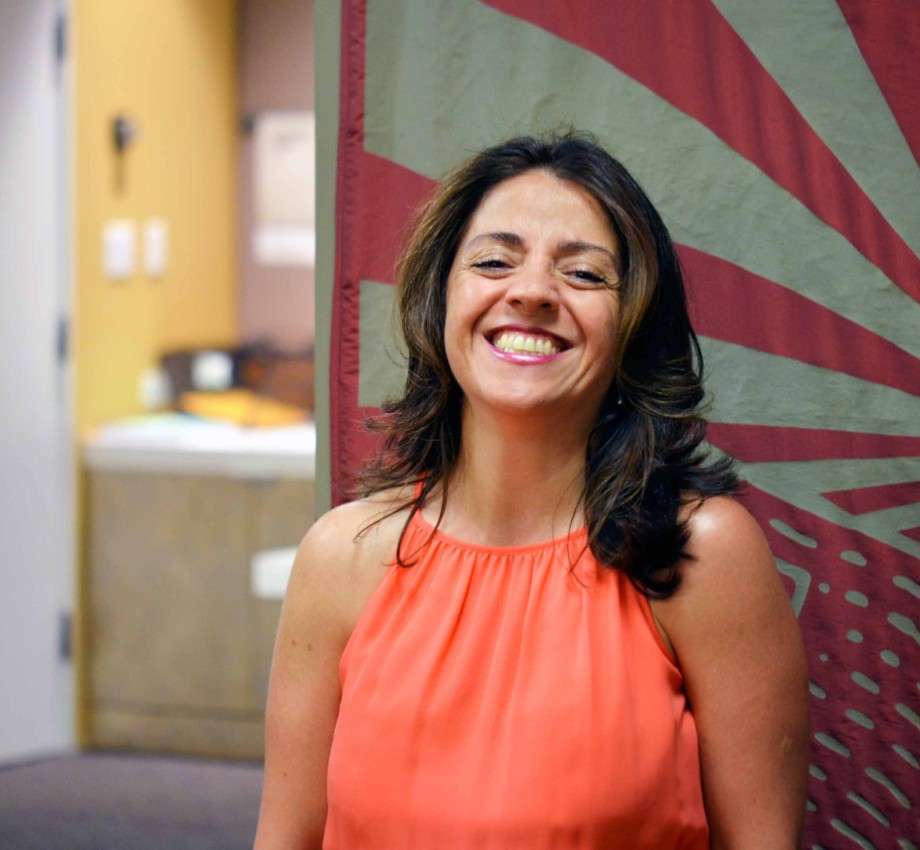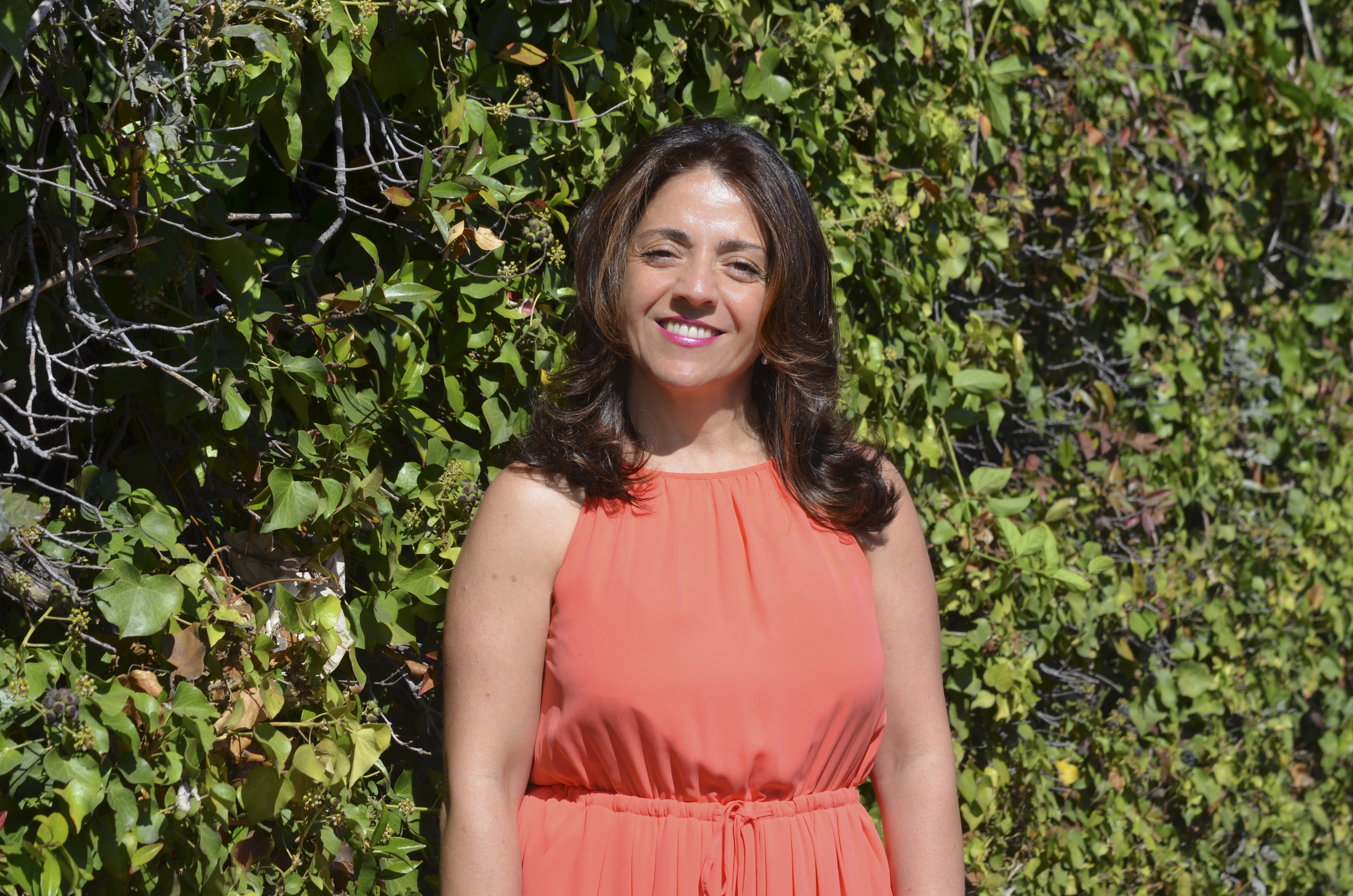The Growing Need for Spanish-Speaking Professionals in the Bay Area

Chances are, you’ve thought about learning a foreign language before.
Did you know:
- The benefits of bilingualism include improved cognitive skills and reduced risk of dementia
- The annual median wage in the language industry is $80,000
Working in the San Francisco Bay Area for more than 15 years, Dr. Parissa Peymani has witnessed the growth of the area’s Spanish-speaking population, and she decided it was time to learn the language of so many of her patients. As a practicing chiropractor, Peymani wanted to better communicate with those in her community. “People are becoming more educated and more interested in chiropractics,” she says. “It is more common now for patients to seek chiropractic care as the first step after an injury. I want to reach out to Spanish speakers living in the area and provide quality health care for diverse communities.” Peymani is not alone: The need for professionals with foreign-language skills is frequently cited. Just last year, Bay Area employers advertised more than 8,000 distinct job opportunities for individuals with Spanish-speaking skills. With the increasing need for professionals to speak Spanish in today’s global marketplace, those with knowledge of the language wield greater leverage in growing and shaping their careers. We recently caught up with Peymani to find out what made her take the leap and learn Spanish, about her experience in class, and what impact the language has had on her job and her role in the community.

Why Learn Spanish at UC Berkeley Extension?
“I was drawn to the Spanish courses at UC Berkeley Extension because I attended UC Berkeley during my undergraduate years. I knew Extension courses would be more intensive than those at a community college and were geared toward building skills for professionals like myself. I also like how in these classes the competition is only with myself, not with other students: Everyone has their own individual motives for taking the course and is focused on their own improvement. My instructor, Pamela Lim-McAlister, gave me greater knowledge and sparked my interest in Spanish-speaking cultures. She made the daunting task of learning a new language enjoyable, not stressful.”
I knew Extension courses would be more intensive than those at a community college and were geared toward building skills for professionals like myself.
Language As an Empowering Force
“The best part of my work is healing patients’ bodies and seeing results. I find meaning in knowing I’m improving my patients’ health holistically. The Spanish courses I have taken have given me confidence and a new way to communicate, not only with my patients but also with friends. My native language is Farsi, and I find knowing another language is an empowering force for women today. Through Extension’s courses, I have tapped into my passion for learning languages like my mother, who is a retired French teacher, and am able to combine it with my passion for healing which I inherited from my father, who is a doctor. I am now much more comfortable with my Spanish skills, which I will use to build my patient network.”
It Can Be Done
In an article in The Atlantic, Richard Brecht from the University of Maryland’s Center for Advanced Study of Language states, “It isn’t that people don’t think language education is important. It’s that they don’t think it’s possible.” Peymani disagrees. Although it can seem challenging to juggle a full-time career and coursework, it is manageable, she says. “It may be a cliché, but it’s real; the commitment results in lifelong rewards.”
Learn More
Through UC Berkeley Extension’s Spanish courses, you can reach intermediate to beginning-advanced proficiency in the language and enhance your understanding of Spanish-speaking cultures. No course prerequisites mean you can start right away.